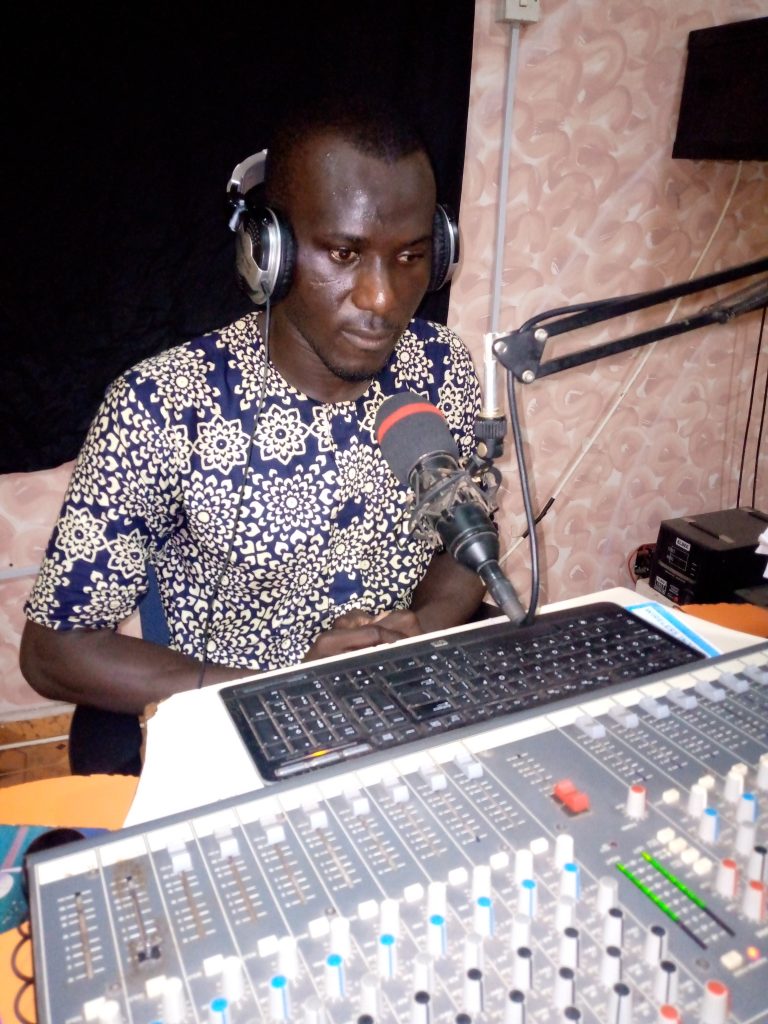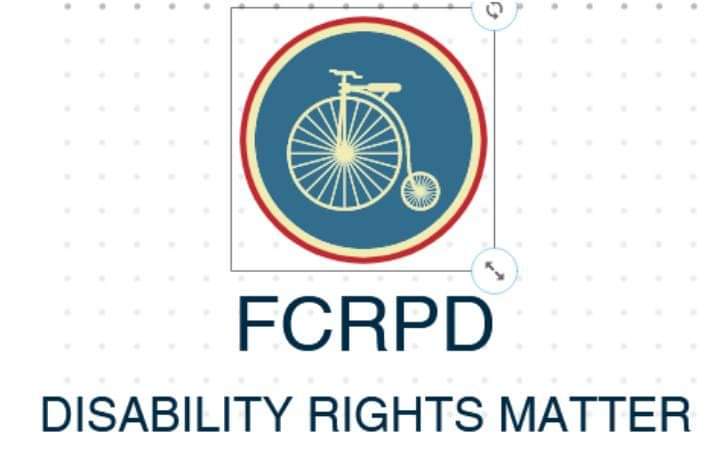The Negligence of some African countries in Providing for Persons with Disabilities
In recent years, the global discourse surrounding disability rights has gained significant traction, highlighting the importance of inclusivity and equal opportunities for all individuals, regardless of their physical or mental conditions. However, in many African countries, persons with disabilities (PWDs) continue to face systemic neglect and marginalization. This article delves into the factors contributing to the negligence of African governments in providing for PWDs and the urgent need for reform.
Historical Context
Historically, disability has often been viewed through a lens of stigma and misunderstanding in many African cultures. Traditional beliefs sometimes attribute disability to supernatural causes or punishment for past sins, leading to social exclusion and discrimination. As a result, PWDs have been relegated to the margins of society, with limited access to education, employment, and healthcare.
Legislative Gaps
While several African nations have ratified international treaties, such as the United Nations Convention on the Rights of Persons with Disabilities (CRPD), the implementation of these commitments remains alarmingly poor. Many countries lack comprehensive legislation that specifically addresses the rights and needs of PWDs. Where laws do exist, they are often poorly enforced, leaving PWDs without the protections they need to thrive.
Economic Barriers
Economic constraints play a significant role in the neglect of PWDs. Many African nations grapple with limited resources and competing priorities, which often results in disability issues being side-lined. The absence of inclusive economic policies and programs further exacerbates the situation. PWDs frequently face barriers to employment, with employers often reluctant to hire them due to biases and misconceptions about their capabilities.
Inaccessible Infrastructure
One of the most glaring examples of negligence is the lack of accessible infrastructure. Public buildings, transportation systems, and educational institutions often fail to accommodate the needs of PWDs. This not only hinders their mobility but also restricts their access to essential services. For many PWDs, the physical environment remains a significant barrier, perpetuating cycles of poverty and exclusion.
Social Stigma and Discrimination
Social attitudes towards disability continue to hinder progress in many African countries. PWDs often face discrimination and social isolation, leading to a lack of community support and understanding. This stigma can discourage PWDs from seeking education or employment, further entrenching their marginalization.
The Role of Advocacy and Civil Society
Despite the challenges, there is a growing movement of advocacy and civil society organizations working to empower PWDs in Africa. These organizations play a crucial role in raising awareness, advocating for policy changes, and providing support services. However, they often operate with limited funding and resources, making it difficult to effect widespread change.
The Path Forward
Addressing the negligence of African governments towards PWDs requires a multifaceted approach. Firstly, there is a need for comprehensive legislation that enshrines the rights of PWDs and ensures their inclusion in all aspects of society. Governments must prioritize funding for disability-related programs and initiatives, leveraging partnerships with civil society and international organizations.
Awareness campaigns are also essential to changing societal attitudes towards disability. By promoting positive narratives and showcasing the capabilities of PWDs, these campaigns can help dismantle harmful stereotypes and foster a more inclusive environment.
Additionally, investing in accessible infrastructure is crucial. Governments must ensure that public spaces, transportation, and services are designed with PWDs in mind, enabling them to participate fully in society.
Conclusion
The negligence of African governments in providing for persons with disabilities is a pressing issue that demands urgent attention. By acknowledging the challenges and committing to meaningful reforms, African nations can create a more equitable society that values the contributions of all its citizens. The time for change is now, and it is imperative that the rights and dignity of PWDs are recognized and upheld.
Certainly! The situation for persons with disabilities (PWDs) in Africa is complex and multifaceted, encompassing various social, economic, and political dimensions. Here are some additional insights into this critical issue:
Intersectionality and Diversity
PWDs in Africa do not form a monolithic group; rather, their experiences are shaped by various factors, including gender, age, ethnicity, and socio-economic status. For example, women with disabilities often face compounded discrimination due to both their gender and disability, leading to higher rates of violence and limited access to resources. Similarly, individuals from marginalized ethnic groups may encounter additional barriers, further complicating their struggle for rights and recognition.
Education and Employment Challenges
Education is a significant area where neglect is evident. Many educational institutions lack the necessary accommodations, such as accessible classrooms and trained staff, to support students with disabilities. This often results in high dropout rates among PWDs, denying them the opportunity to acquire skills and knowledge that are crucial for employment.
In the labour market, PWDs face pervasive discrimination. Employers may be hesitant to hire individuals with disabilities due to misconceptions about their abilities or the costs associated with making workplaces accessible. Consequently, PWDs often find themselves in informal employment, which typically offers lower wages, fewer benefits, and less job security.
Health Care Access
Access to healthcare is another critical issue for PWDs in Africa. Many health facilities are not equipped to meet the unique needs of individuals with disabilities, leading to inadequate care. Additionally, PWDs may experience difficulties in accessing general healthcare services due to physical barriers, lack of transportation, and social stigma.
Community-Based Rehabilitation
One promising approach to addressing the needs of PWDs is community-based rehabilitation (CBR). This strategy focuses on integrating PWDs into their communities through health, education, and social services. CBR promotes the idea that PWDs can lead fulfilling lives and contribute to society when provided with the appropriate support and opportunities. Successful CBR programs can empower PWDs and strengthen community awareness about disability rights.
Global and Regional Initiatives
Internationally and regionally, there are various initiatives aimed at promoting the rights of PWDs. Organizations like the African Union have developed frameworks and policies to enhance the welfare of PWDs, such as the Protocol to the African Charter on Human and Peoples’ Rights on the Rights of Persons with Disabilities in Africa. However, the effectiveness of these initiatives often hinges on national governments’ commitment to implementation.
The Role of Technology
Technology can play a transformative role in improving the lives of PWDs. Accessible technology, such as screen readers, assistive devices, and mobile applications, can enhance communication, education, and employment opportunities. Governments and private sectors should invest in developing and disseminating such technologies to bridge gaps in accessibility.
Advocacy and Empowerment
Advocacy remains a crucial tool for driving change. Empowering PWDs to advocate for their rights and participate in decision-making processes can lead to more responsive policies and programs. Training programs that equip PWDs with advocacy skills can foster a strong movement for change, ensuring that their voices are heard in political and social spheres.
Conclusion
The negligence of African governments toward persons with disabilities is a multifaceted issue that requires comprehensive strategies and concerted efforts from all sectors of society. By addressing the systemic barriers that PWDs face, promoting inclusivity, and ensuring that their rights are upheld, African nations can move towards a more equitable and just society. The active involvement of PWDs in this process is essential, as their lived experiences and insights are invaluable in shaping effective policies and programs.


